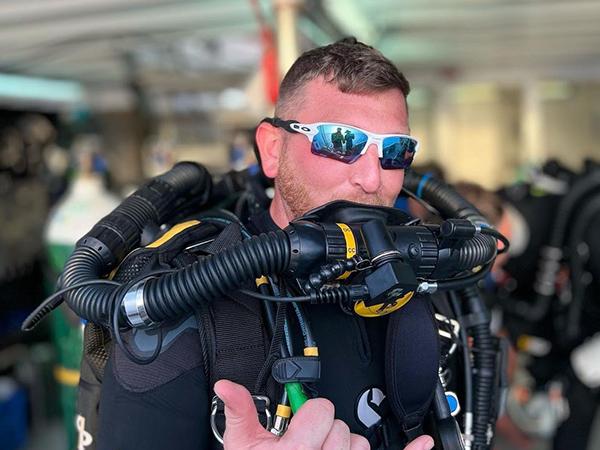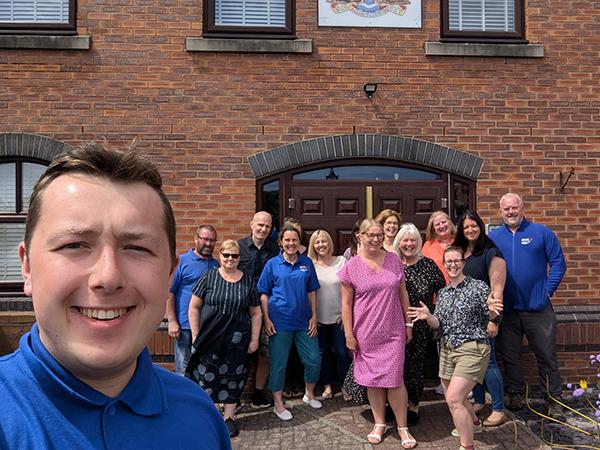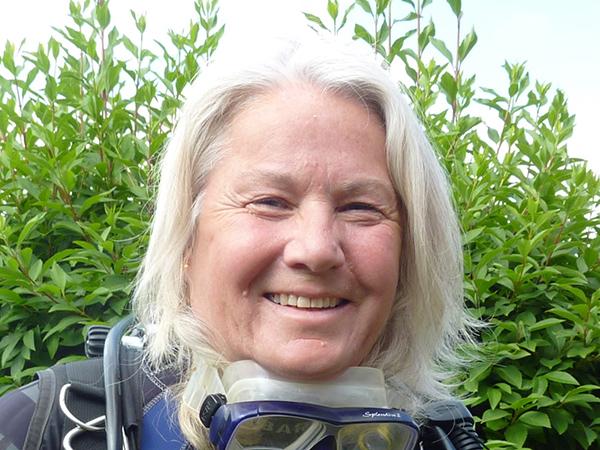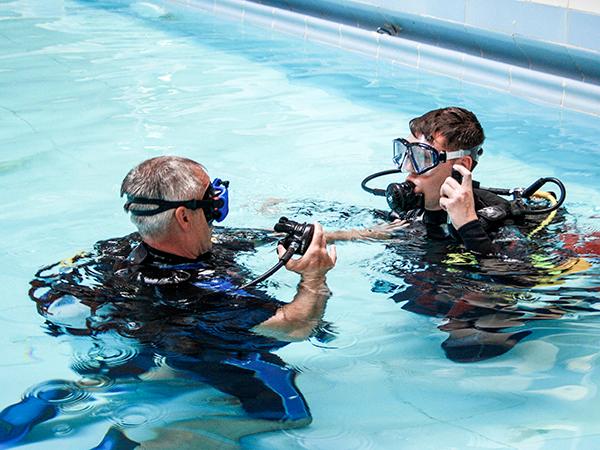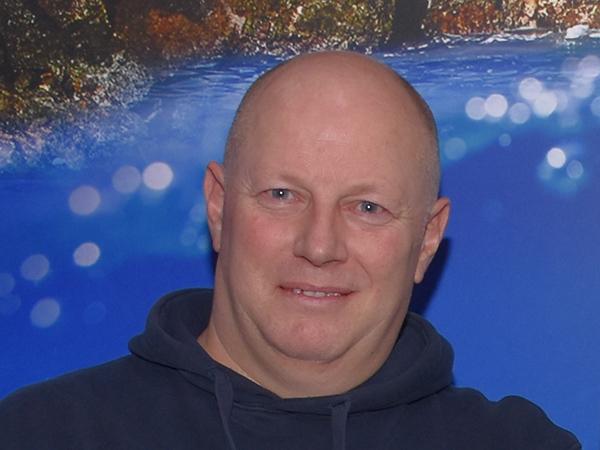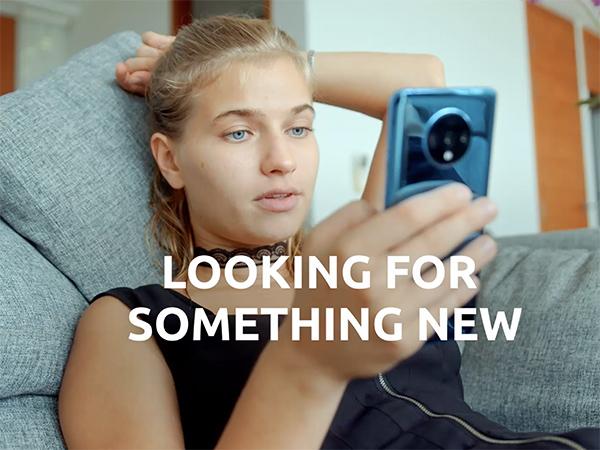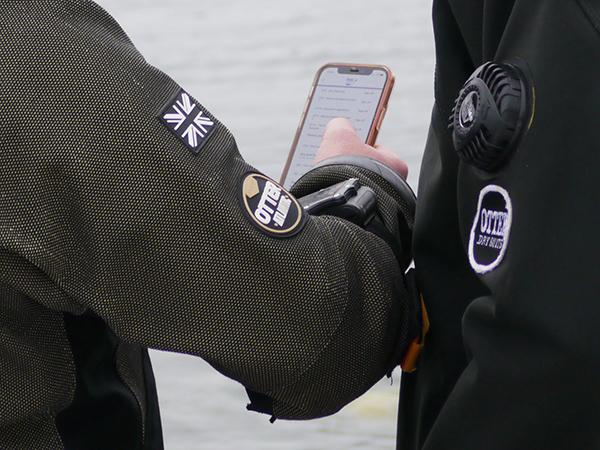As club members and volunteers, you’ll be used to involving and supporting lots of different people with different needs to take part in club activities. Doing this for LGBTQ+ members won’t require lots of extra resource or time.
This section outlines a few common areas of support beyond making everyone feel welcome. It includes things like what to do if someone comes out to you, and how best to support trans and gender non-conforming members to take part in our sport.
Confidentiality and safeguarding
All volunteers and Branch Officers should be clear that a member being LGBTQ+ does not constitute a safeguarding risk.
If someone speaks to you regarding their sexuality and/or gender identity and they are not out or ready to be open about this with others, it is not your right or responsibility to inform anyone else. This is called 'outing' someone and is a breach of trust and confidentiality.
Youth members
Young people should be able to talk to volunteers or Branch Officers in confidence as they are likely to see them as individuals who can offer support and guidance.
They may want to discuss:
- Uncertainty regarding their gender identity or sexual orientation
- Steps they have taken, or would like to take, as part of their transition
- Feelings towards, or a relationship with, someone of a similar age
- Chatting with other young people online on age-appropriate websites or as part of a youth group
However, if a young person is at risk of harm, you have an obligation to disclose. It may be a safeguarding risk if:
- They’re experiencing abuse at home or are at risk of homelessness
- They’re self-harming or putting themselves at physical risk
- They’re in a relationship or chatting online with someone considerably older
- Using dating apps intended for adults
- They go to pubs and clubs despite being underage
For more on safeguarding, please read BSAC's child safeguarding policy.
Parents and carers
While many parents/carers will want the best for their children and want them to be happy, some will have worries about their child being LGBTQ+.
Not all young people will want their parents/carers to know they are LGBTQ+. Discussing this with parents/carers without the young person’s consent would be a breach of confidentiality, but it is important to discuss with a young person whether they’ve told their parents/carers they are LGBTQ+. They might be worried about their parents’/carers’ response and this will affect how they feel about themselves. Their parents/carers may be concerned their child will be bullied or that they won’t have the adult life they expected for them.
Coming out
If someone at your club decides to tell their fellow members they are LGBTQ+ it’s usually an indication that they trust that person or the club and feel confident you will respond appropriately. For a young person, it may be the first time they have discussed their sexual orientation or gender identity with someone.
Young people who are coming out might feel more anxious about how people around them are going to react, or that things will be different in their life as a result of being LGBTQ+.
If someone comes out to you it is important to reinforce that they can be themselves and encourage them to feel positive about who they are. You can do this by:
- Listening and reassuring them that their confidentiality will be respected
- Being positive and offering reassurance
- For young people, discussing how parents/carers might respond or be involved. Approaching someone’s parents or carers should only be done with the young person’s consent and never without their knowledge unless there is a real safeguarding risk
- Letting them know where they can find helpful information
- Discussing who they might be able to talk to for further support
Supporting trans and gender non-conforming participation
In addition to the support described, someone coming out as trans or who is questioning their gender identity may need some extra support. This includes people who identify as gender non-conforming (non-binary or gender-fluid).
Including trans people in sport is not something to be afraid of. Whether a young person or adult, trans people should be supported to take part and get the same benefits as everyone else.
In most situations, someone being trans won’t mean anything needs to change at all. The goal should be a positive experience for everyone at your club or session so be clear on what you are doing to support trans inclusion from the outset.
If someone decides to tell you they are trans, it should be treated as sensitive information. Transgender individuals are under no obligation to disclose they were born a different sex to the gender they present.
Tips for trans or gender non-conforming inclusion:
- Listen to their needs and discuss how you can support them to participate at the club.
- If someone identifies as non-binary, another non-conforming gender, or is questioning their gender identity, support and encourage them to stay involved at the club in a way that is comfortable for them.
- Allow the individual to use the changing room and toilet consistent with their gender identity, and if possible, provide a gender-neutral or private cubicle to use if that’s what they prefer.
- Check and agree with the individual how to communicate their preferred name and pronouns to others at your club. Even if not everyone gets it right straight away, it makes a big difference to that person and how comfortable they feel.
- When appropriate and with an individual’s permission check-in with other club members or staff to keep them informed of any changes that they need to be aware of.
- At a leisure centre, be clear on agreed arrangements with the facility managers and brief any relevant staff members.

